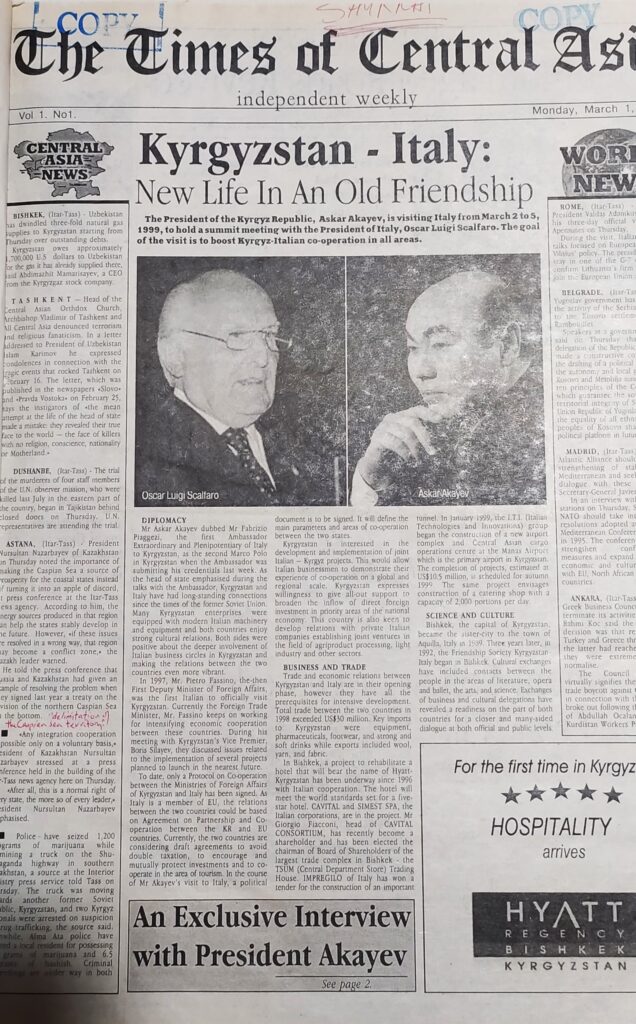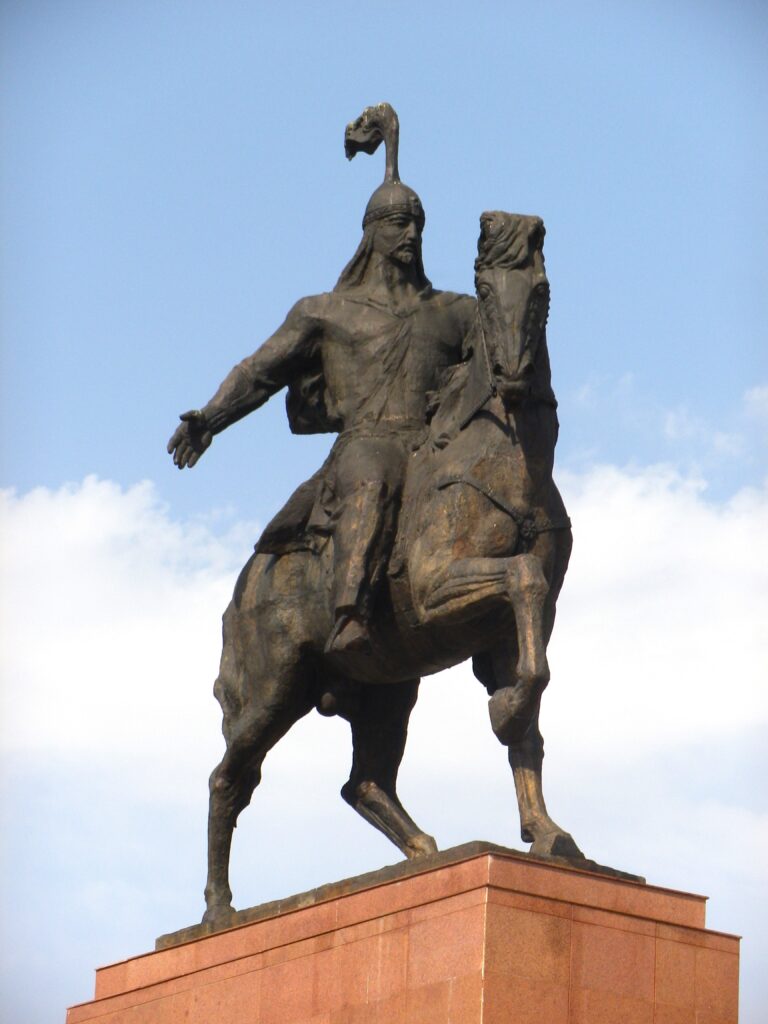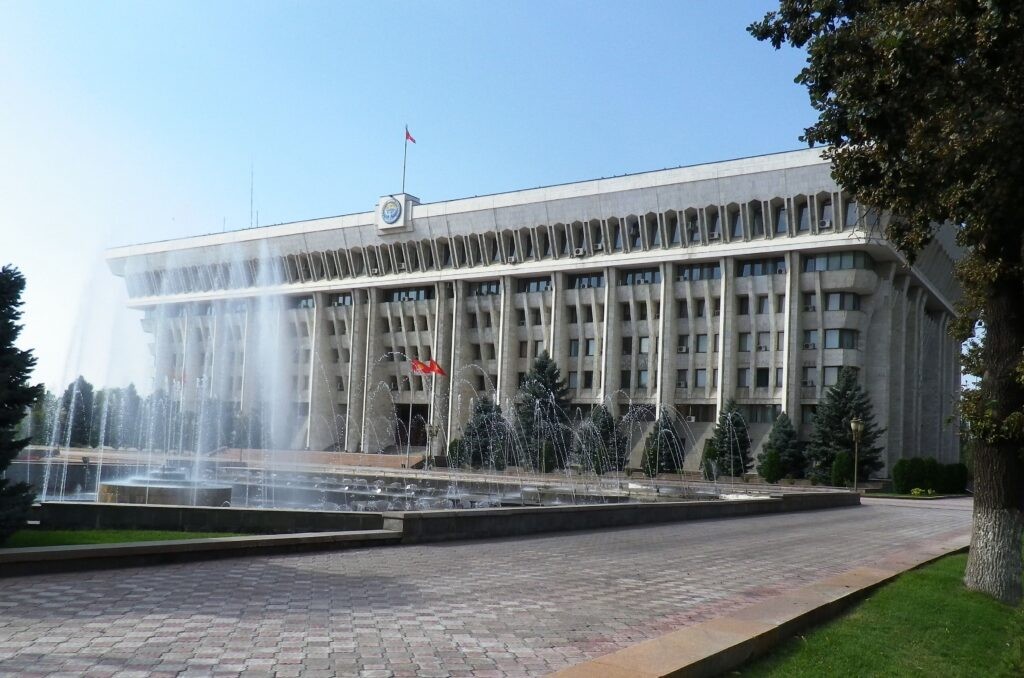Celebrating Twenty-Five Years of The Times of Central Asia – Opinion by Founder Emeritus, Giorgio Fiacconi
It is 25 years today since the first edition of The Times of Central Asia, the first English publication in the region, hit the newsstands on March 1st 1999. Twenty-five years represents a generation; many people more or less of my age have passed, and Kyrgyzstan has gone through various conflicts which have marked its history, not always for the better. With a background in journalism and as an entrepreneur, I arrived in Bishkek from Kazakhstan in 1994, investing in the reconstruction of the abandoned Hotel Kyrgyzstan - now the Hyatt Regency - before working on the Bishkek Free Zone project for the European Union and later as the main investor in ZUM Aichurek. I also served as the first Honorary Consul of Italy to the Kyrgyz Republic for approximately fifteen years, between 2000 and 2015. March for a more equal society, Tulip Revolution, 2005; Photo: TCA During my time in Kyrgyzstan, I witnessed two revolutions, in 2005 and 2010, and it could be argued that another took place in 2020. There were abuses and injustices that allowed me to understand the importance and necessity for healthy development based on reliable rules and laws, which everyone should be able to respect. Unfortunately, this is not always the case, and until the judiciary is free to exercise its independence and represent a guarantee, then manipulations by elites and interested parties will continue to prevail and delay positive results. After twenty years in the Republic, I collected my experiences of the country's independence in a book, reporting on economic development and the need for justice for all. The preface to that book and its contents highlight problems that have yet to be resolved. For the realization of this better future, perhaps another generation will be needed, but we should be positive and trust in the abilities of the region’s many young people. A wounded demonstrator in Bishkek, April 7th, 2010; Photo: TCA It is not enough to say that Kyrgyzstan is a beautiful country with wonderful and hospitable people. The reality is unfortunately not so black and white, and inequalities persist. An economically poor country, Kyrgyzstan needs both financial and organizational support, and the answer in many cases is linked to foreign investment, which is difficult to channel - unless geopolitically motivated - if the rule of law is not upheld. In Kyrgyzstan, private interests manage politics in a continuous conflict between North and South, and few groups seek solutions to crime and corruption. Nevertheless, it is reasonable to assert that given its geography, many decisions in Central Asia are the result of a geopolitical effort to change for the better in achieving tangible signs of progress. Recent development also related to the war in Ukraine show that Russia’s influence on Central Asia has also waned, with the EU becoming one of the major trading partners and foreign investors. Photo: TCA As a former journalist and a foreign investor, to my mind the role of the free press...






